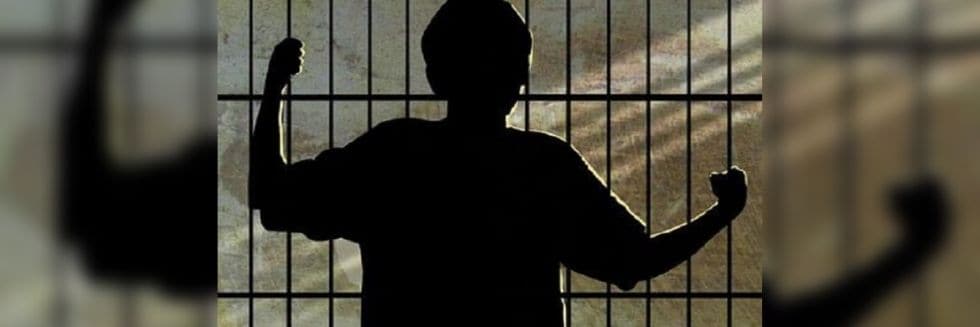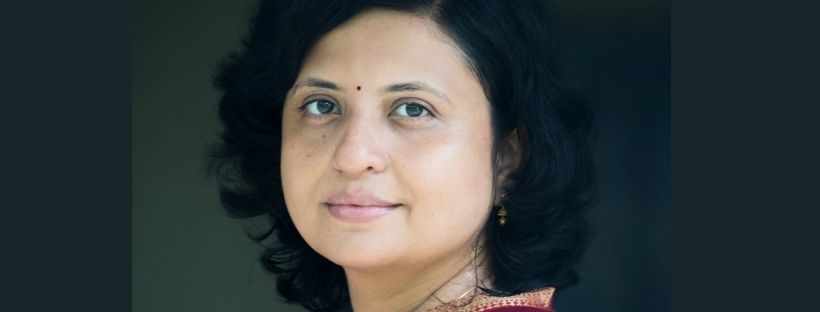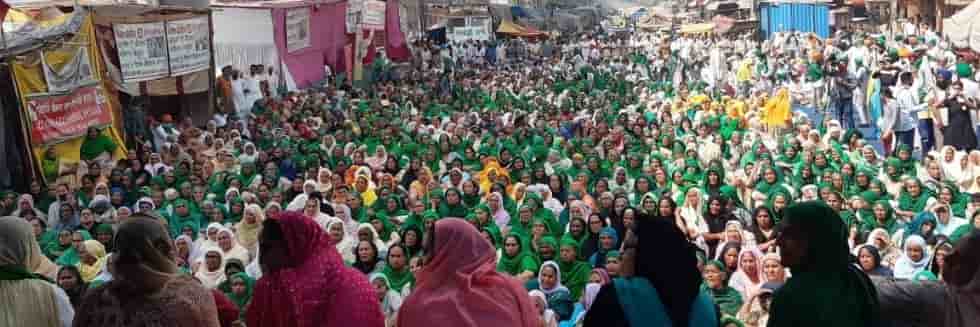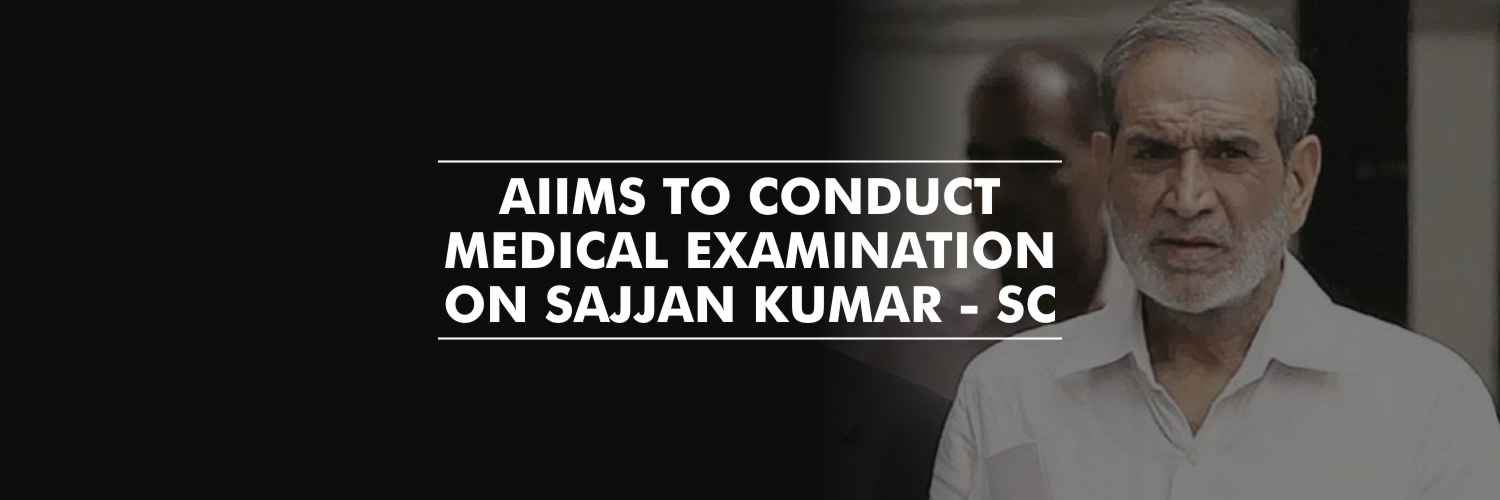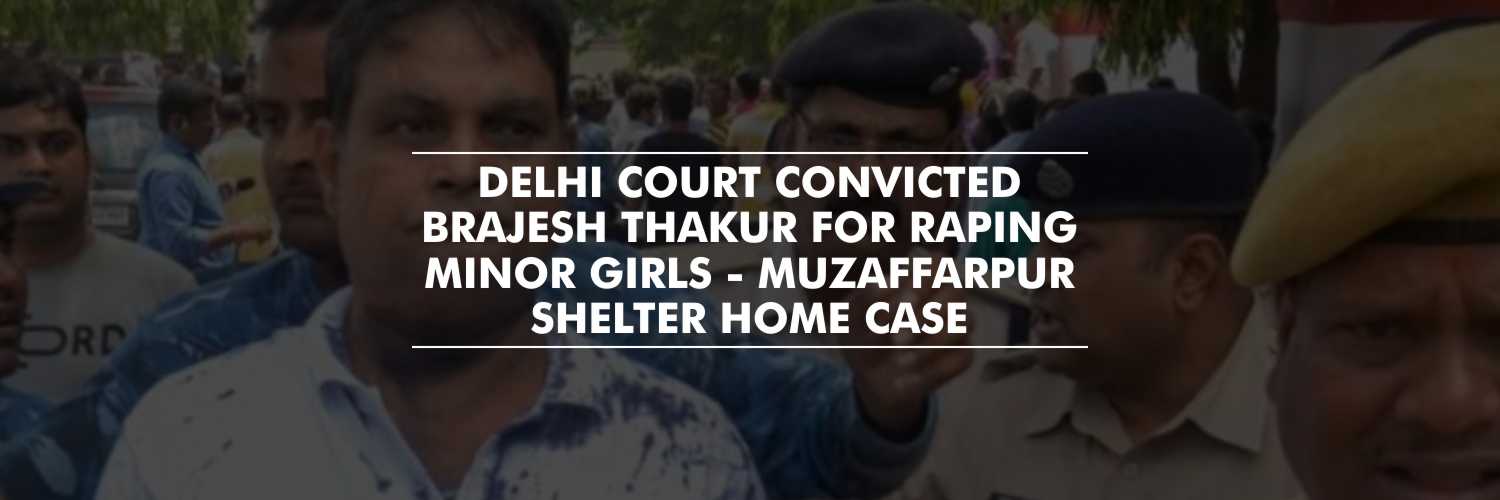Dealing with a criminal revision appeal, Bombay High Court dealt with a question regarding the circumstances in which a minor offender (a child in conflict with law) can be tried as an adult.
Single Judge bench comprising M.G. Sewlikar noted that under Section 15 of the Juvenile Justice (Care and Protection of Children) Act of 2015, an assessment has to be made into heinous offences to determine whether a child in conflict with law (CCL) is to be tried as an adult.
The criminal revision application was moved by the State of Maharashtra through Officer-in-charge, Anti-Terrorism Squad, Aurangabad. The application was filed against the judgment and order passed by the Additional Judge who had confirmed Juvenile Justice Board’s order.
JJB had dismissed the application of the State seeking transfer to Children’s Court for trial as an adult.]
Section 2(12) of the Juvenile Justice Act defines ‘child’ who has not completed eighteen years of age.
Section 2(13) of the JJ Act defines “child in conflict with law” as a child who is alleged or found to have committed an offence and who has not completed eighteen years of age on the date of commission of such offence.
Under Section 2(33), heinous offence is defined as the offence for which the minimum punishment under the Indian Penal Code or any other law for the time being in force is imprisonment for seven years or more.
Under Section 15 of the Act, when a child above the age of sixteen years of age has committed a heinous offence, the Board has to conduct a preliminary assessment with regard to his/her mental and physical capacity to commit such offence, ability to understand the consequences of the offence and the circumstances in which he allegedly committed the offence, before deciding if the CCL can be tried as an adult.
Under Section 2(33) of the JJ Act, “heinous offences” means the offences in which minimum punishment is seven years or more.
None of the Sections 18, 20, 38 and 39 alleged against the present CCL provides minimum punishment for seven years, observed Bombay High Court.
Therefore, the bench noted that the revision application is devoid of any substance and dismissed it.
The single-judge bench relied on Shilpa Mittal Vs. State (NCT of Delhi) and Another [(2020) 2 Supreme Court Cases], wherein it was observed that before the juvenile is tried as an adult a very detailed study must be done and the procedure laid down has to be followed.
It was noted, “Even if a child commits a heinous crime, he is not automatically to be tried as an adult. This also clearly indicates that the meaning of the words “heinous offence” cannot be expanded by removing the word “minimum” from the definition…in exercise of powers conferred under Article 142 of the Constitution, we direct that from the date when the 2015 Act came into force, all children who have committed offences falling in the 4th category shall be dealt with in the same manner as children who have committed “serious offences”.”
The bench, therefore, noted that it is clear that the JJB did not commit any error in rejecting the application and the Appellate Court did not commit any error in dismissing Criminal Appeal.
